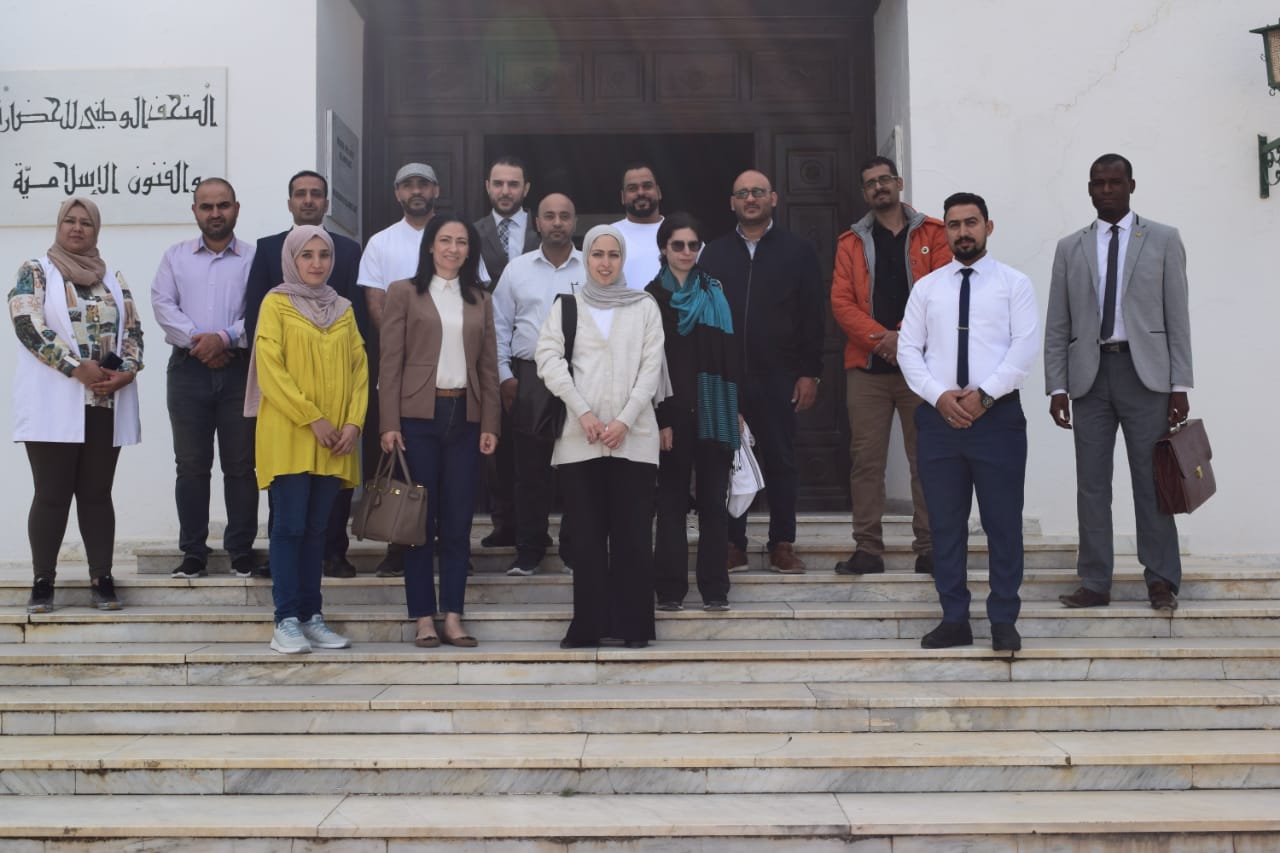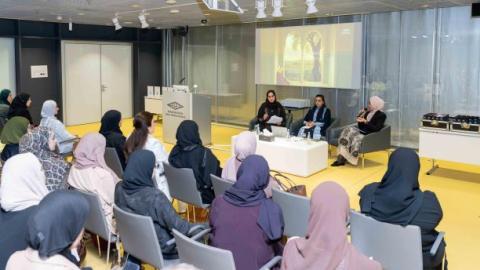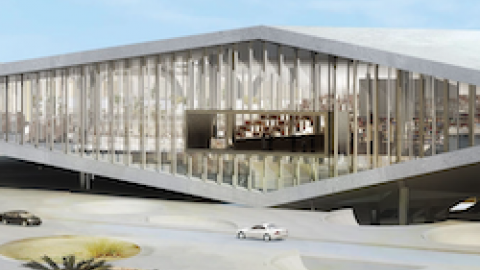
– Qatar National Library’s Preservation and Conservation Regional Center for Arab Countries and the Middle East, organized a regional training course on the restoration and conservation of antique parchment. The course was held in collaboration with the National Laboratory for the Preservation and Conservation of Parchment and Manuscripts (NLPCPM) in Kairouan, Tunisia and UNESCO.
Held at the NLPCPM, which contains one of the largest collections of parchments in the world, the six-day training course provided participants from a number of Arab countries - including Yemen, Iraq, Lebanon, Kuwait, Oman, Libya and Algeria - with practical information about the restoration and preservation of ancient parchments and the stages of how to clean and restore them, as well as lectures on the development of manuscripts and writing on parchments.
The ancient library of Kairouan, which is affiliated with the NLPCPM, is notable for having a substantial part of its collection written on parchment. This collection of parchments is one of the largest and best-known in the Arab and Islamic world. It is made up of three integral sections: documents and legal instruments, books on the principles of jurisprudence (the earliest of which go back to 231 AH / 846 CE), and finally, elegant copies of the Qur’an written on parchment, whose combined folios number more than 39,000.
The Library, in its role supporting the preservation of documentary heritage in the Arab region, conducts programs and professional workshops to raise the capabilities and skills of workers in the fields of conservation and preservation. With state-of-the-art laboratories for conservation and restoration and an advanced scientific laboratory equipped with the most important technologies, the Library’s experts can conduct studies and research on the components of manuscripts such as dyes, inks and paper.
This training course is just one of many projects organized by the Library throughout the last two years that continued even in light of the pandemic, when a large number of virtual courses were hosted. In addition to publishing standards and technical guides in Arabic on documentary heritage topics with the objective of improving preservation and conservation across the region, it also supports other Arab libraries with a series of activities and initiatives to promote, disseminate and improve preservation and conservation practices.







